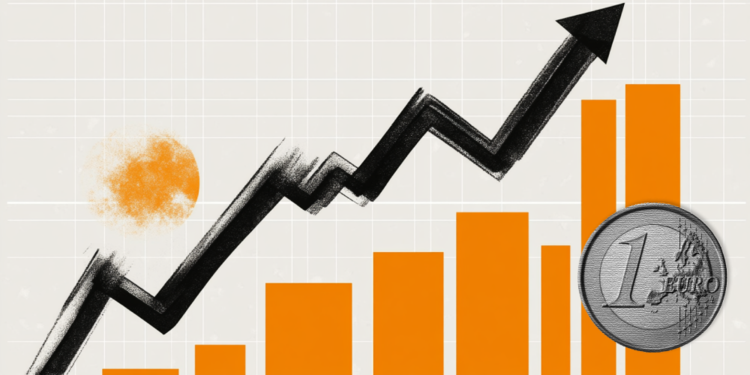- EUR/JPY gains ground to around 159.95 in Tuesday’s early European session, adding 0.42% on the day.
- Trump paused new tariffs on Mexico and Canada for one month.
- The prospect of a BoJ rate hike might cap the downside for JPY.
The EUR/JPY cross edges higher to near 159.95 during the early European session on Tuesday. US President Donald Trump’s decision to delay plans to impose tariffs on Canada and Mexico boosts investors’ confidence, which drags the safe-haven currency like the Japanese Yen (JPY) lower.
Late Monday, Trump said that he will pause the 25% tariffs on goods entering the United States from Mexico and Canada for one month. The risk-on sentiment lifts the Euro (EUR) from monthly lows against the JPY.
On Tuesday, China’s finance ministry announced a package of tariffs on a range of US products, including crude oil, farm equipment, and some autos in an immediate response to a 10% tariff on Chinese imports announced by US President Donald Trump. Any signs of uncertainty or escalating trade war tension could boost the safe-haven flows, benefiting the JPY.
Furthermore, Tokyo core CPI hit 2.5%, marking the fastest annual pace in nearly a year, well exceeding the Bank of Japan’s (BoJ) 2% target and keeping alive market expectations for further interest rate hikes. This, in turn, might help limit the JPY’s losses.
“Just looking at inflation, the BOJ might see scope to raise interest rates once or twice this year. But much depends on whether consumption and the broader economy hold up,” said Yoshiki Shinke, senior executive economist at Dai-ichi Life Research Institute.
Japanese Yen FAQs
The Japanese Yen (JPY) is one of the world’s most traded currencies. Its value is broadly determined by the performance of the Japanese economy, but more specifically by the Bank of Japan’s policy, the differential between Japanese and US bond yields, or risk sentiment among traders, among other factors.
One of the Bank of Japan’s mandates is currency control, so its moves are key for the Yen. The BoJ has directly intervened in currency markets sometimes, generally to lower the value of the Yen, although it refrains from doing it often due to political concerns of its main trading partners. The BoJ ultra-loose monetary policy between 2013 and 2024 caused the Yen to depreciate against its main currency peers due to an increasing policy divergence between the Bank of Japan and other main central banks. More recently, the gradually unwinding of this ultra-loose policy has given some support to the Yen.
Over the last decade, the BoJ’s stance of sticking to ultra-loose monetary policy has led to a widening policy divergence with other central banks, particularly with the US Federal Reserve. This supported a widening of the differential between the 10-year US and Japanese bonds, which favored the US Dollar against the Japanese Yen. The BoJ decision in 2024 to gradually abandon the ultra-loose policy, coupled with interest-rate cuts in other major central banks, is narrowing this differential.
The Japanese Yen is often seen as a safe-haven investment. This means that in times of market stress, investors are more likely to put their money in the Japanese currency due to its supposed reliability and stability. Turbulent times are likely to strengthen the Yen’s value against other currencies seen as more risky to invest in.





